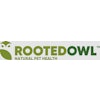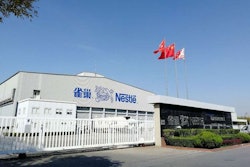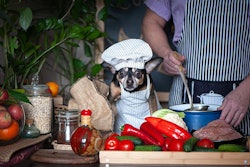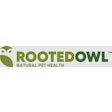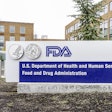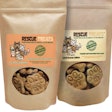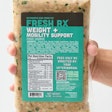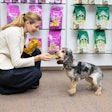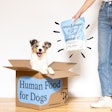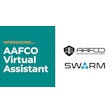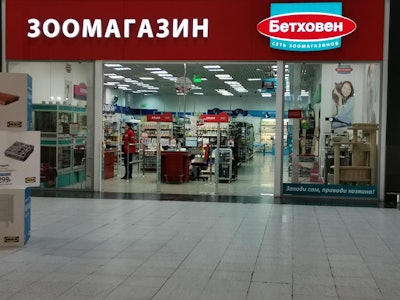
Import restrictions introduced against pet food from the U.S., Spain and, most recently, Germany are likely to put the lives of thousands of Russian pets in jeopardy and spur a wave of bankruptcies among local retailers, the Russian union of zoobusiness companies said in a May 31 statement submitted to the Russian Economy Development Ministry.
During the past year, Russia has been gradually banning pet food imports from Western countries, citing GMO fears. In 2020, the Russian veterinary watchdog Rosselhoznadzor barred the way to the Russian pet food market for the Netherlands and, in early 2021, for the U.S. and Spain.
On May 18, Rosselhoznadzor introduced a similar ban on pet food imports from Germany and Lithuania. In each case, the restrictions reportedly were introduced after a routine inspection revealed unregistered GMO components in a batch of supplied products.
The ban placed on Germany appeared to be especially painful for Russian pet owners, since that country traditionally was one of the largest pet food suppliers to the Russian market and in recent months increased deliveries, partially replacing the products from U.S. and Spanish companies.
More pet food bans in the pipeline?
Rosselhoznadzor has apparently changed its approach to dealing with GMOs in imported pet food, according to the Russian zoobusiness union. In previous years, the veterinary body prohibited only particular companies purportedly committing violations, but now a total ban is placed upon supplies from the country of the origin of the products found containing GMO components, explained Kirill Dmitriev, chairman of the union.
“One may assume that soon most Western countries, where GMO rules differ from those in Russia, would be banned from exporting their pet food to our market,” commented a source in the Russian pet food industry.
Russian law doesn’t separate pet food from feed, so all restrictions introduced when a violation is found in feed additives destined to be used in the livestock industry immediately extend to pet food, Dmitriev said, adding that in most cases, GMO components have actually been found in feed.
Currently, nearly 1,000 pet food companies are authorized to export their products to Russia, according to Rosselhoznadzor. The biggest supplier markets are now France, Georgia, Italy, Great Britain, Hungary and Azerbaijan.
Tremendous economic losses expected
The new restrictions placed on pet food imports from Germany are expected to prompt a wave of bankruptcies among 12,000 Russian retailers, 3,000 veterinary clinics and 130 pet food importers, the zoobusiness union warned.
In 2020, the overall sales of pet food on the Russian market climbed by 10% to 200 billion rubles (US$2.8 billion). Imported pet food accounted for 15% of overall sales, roughly US$300-$400 million, with almost all imports coming from the European Union, the U.S. and Canada, and only a small share from within the Commonwealth of Independent States (CIS) region.
“Russia lacks its own production of high-quality professional pet food, those with natural meat and pet food of the holistic class, as well as dietary pet food for animals with health issues and medicated food,” Dmitriev said.
The import restrictions will not bring any advantages to the Russian pet food producers because domestic replacement of premium pet food is unlikely to happen in the foreseeable future. On the other hand, it is likely to cause an upward price rally on the market, a rise in smuggling and mass bankruptcies, Dmitriev added.
Pet food shortages already seen
In the premium pet food segment, the dependence on imported goods is strong, and the banned supplies would be impossible to replace, commented Georgy Chkareuly, general director of major Russian pet food retailer Beethoven, as quoted by the Russian Business Consulting agency.
“Importers purchase pet food, at best, six months or several months in advance, so a number of products are already in short supply,” Chkarueli said. “Problems are also caused by the fact that not only finished pet food but also raw materials of foreign origin are banned for import. A small number of local companies producing professional pet food with a high share of meat content are operating in Russia, and this factor also affects the prices,” he added.

